Myasthenia Gravis, also tagged as MG, is a condition where the organism's guarding system attacks by accident. It targets the sector where nerves meet muscles – we know this zone as the neuromuscular junction. In this case, the organism's immune network forms proteins that may halt or harm what acetylcholine aims for. Acetylcholine is a key signaling chemical needed to make muscles contract.
The outcome is that muscles become frail and tired, especially those that move the eyes, show feelings on the face, chew food in the mouth, swallow it, and talk. It may also target muscles for breathing and moving body components such as arms or legs. Symptoms can fluctuate, worsen with activity, and improve with rest.
Customarily, medical teams identify illness by looking at the patient's traits of sickness, doing blood exams to find antibodies, and using electromyography (EMG) that accommodates checking how muscles work. The primary goal of treatment is to control symptoms so the affected entities can have a better quality of life.
Some treatments include drugs that boost acetylcholine activity, like pyridostigmine, or medications to decelerate the immune network's attacks on neuromuscular connections. Experts could use methods like exchanging plasma or giving immunoglobulin through veins in severe situations.
Experienced staff customarily suggest removing the thymus gland with an operation if it's not working right. While MG can't be cured, proper care helps many people control their symptoms and have satisfying lives.
The precise cause of Myasthenia Gravis (MG) is not entirely unearthed, but it is linked to an amalgamate of miscellaneous genetic factors, environmental influences, and the body's immune system. When an entity has MG, its guarding mechanism mistakenly attacks where the nerves connect with muscles—the neuromuscular junction. The strike can occur due to an amalgamate of inherited genetic features from relatives and external elements such as virus exposure or consumption of certain medications.
In myasthenia gravis, antibodies that invade acetylcholine's function are produced, which is significant since acetylcholine aids in muscle contraction. These antibodies bind to the sectors on muscle cells where customarily acetylcholine would connect, causing disruption or confusion of the nerve signals going to muscles. Consequently, muscles become fatigued and frail, particularly those involved in moving the eyes, creating facial expressions, and accommodating swallowing and conversing.
Traditionally, matters with the thymus gland are linked to MG since it assists in producing antibodies for immune protection. Therefore, medical specialists may mention removing the thymus gland as a therapy option for MG.
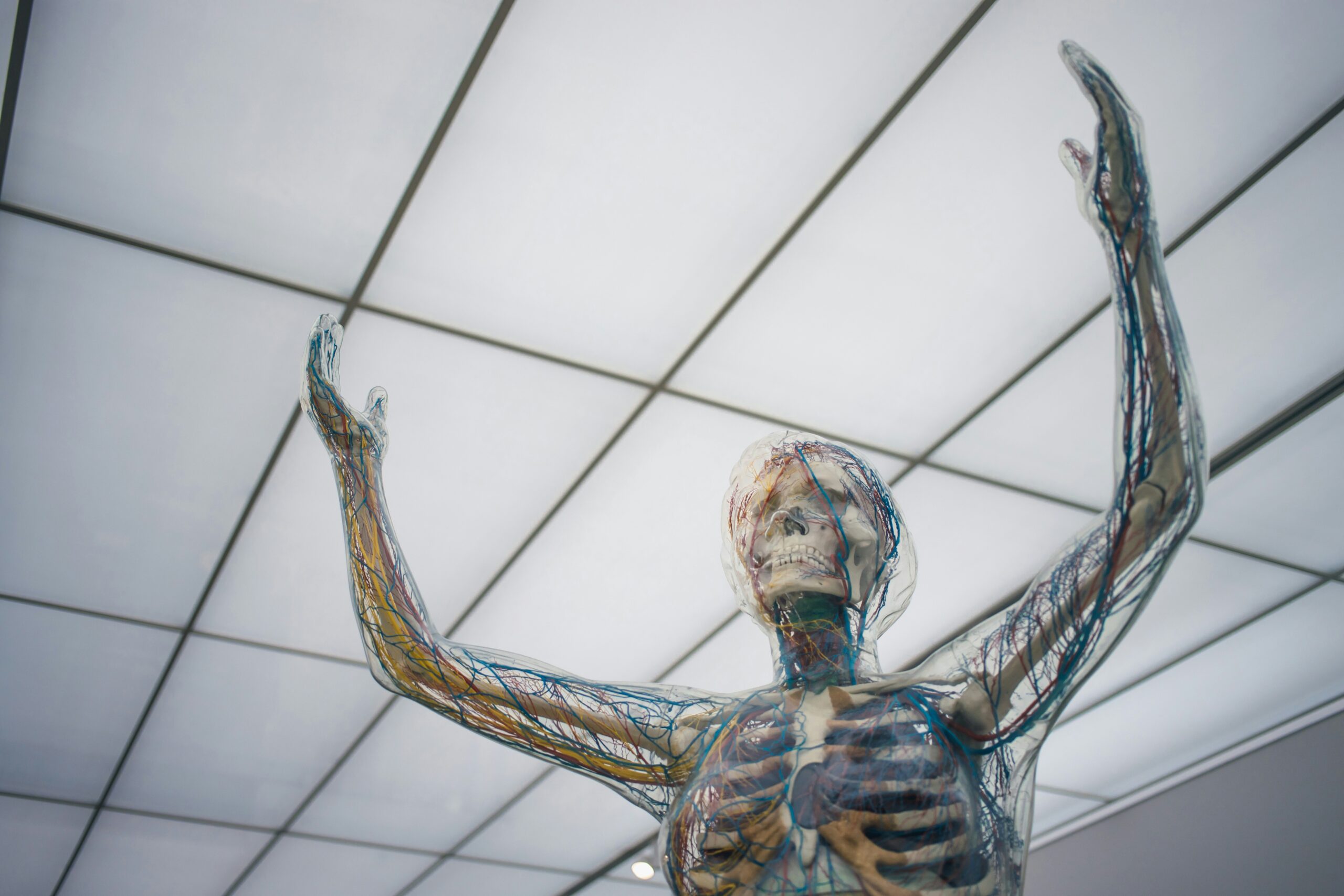
Entities with myasthenia gravis (MG) show miscellaneous symptoms depending on which muscles are affected. Routinely, they feel weak in their muscles and get tired soon if they use the same muscles repeatedly for activities. People with MG may experience muscle fragileness that affects the movement of their eyes, leading to double vision or drooping eyelids. They may also have impacted facial muscles, causing dilemmas when smiling right, chewing, or swallowing.
MG may cause labor in speaking clearly and producing vocal sounds. Persons may notice an alternation in their voice, similar to the style it appears during a cold or with an irritated throat. Swallowing matters (dysphagia) can occur, leading to choking or aspiration of food or liquids.
Affected entities suffering from MG also customarily experience delicacy in their arms and legs, which can make walking, ascending stairs, or lifting objects a challenging task. Their muscles traditionally become more fatigued following physical exertion but improve upon resting.
Critical MG conditions can affect the muscles involved in breathing. It may result in insufficient air intake, tough times with inhalation and exhalation, or a total cessation of breath. Individuals require rapid medical assistance when this occurs, as it may become critically problematic if not attended to swiftly.

Myasthenia Gravis (MG) can lead to many things, mainly when the sickness is not properly tackled or when the symptoms become intense.
A critical condition that may emerge is known as a myasthenic crisis. It happens when muscles suddenly get much weaker- it encompasses the ones you need to breathe. It can lead to troubles with how the lungs function and immediate medical attention may be required, such as needing a contraption for service breathing.
Persons who experience worrying matters with swallowing, a condition known medically as dysphagia, may encounter bonus complications due to the threat of choking or the accidental entry of food and liquids into their air passages, potentially leading to respiratory infections such as pneumonia. When the muscles of the face are not strong, speaking in an apparent style becomes difficult, and it is difficult to express emotions through facial expressions; this influences your organic augment to interact and form connections with other people.
Lastly, organisms with MG may experience an increased risk of falling and sustaining injuries due to weakened leg muscles. Weakness in the eye muscles can also lead to double vision, drooping eyelids, and snarling up clear sight while driving or operating electronic devices or machines.
Taking certain medications for an extended period to control MG, such as corticosteroids or immunosuppressants, can lead to potential scenarios and negative effects. It encompasses an increased risk of illness, weakened bones, and digestive system complications.
Finding out if someone has Myasthenia Gravis is not straightforward and involves various steps, such as reviewing the patient's medical history, performing lab tests, and conducting in-depth studies.
The doctor starts by collecting a complete history of past health issues and does detailed physical exams to look for usual signs of MG, such as quick muscle tiredness or loss of strength. This often affects the muscles responsible for moving eyes, facial expressions, and swallowing.
Physicians could request blood tests to look for immune proteins that attack where the nerves meet muscles, especially those related to acetylcholine, an important chemical needed for muscles to tighten. They may also perform electromyography (EMG), which checks the electrical signals in muscles and can show if something is wrong with how nerves and muscles work together.
Physicians frequently conduct extra examinations to exclude other ailments that show similar symptoms. They may examine the transmission of nerve signals or proceed with particular types of scans called computed tomography (CT) or magnetic resonance imaging (MRI).
Handling myasthenia gravis (MG) aims to lessen symptoms and improve life for people with this illness. Each person gets a specific treatment plan that can include different drugs and changes in daily living habits, and sometimes, surgery might be needed, too.
![]() Medicine is extremely important for controlling myasthenia gravis as it boosts the action of acetylcholine, a critical substance necessary for muscles to contract. Doctors often recommend medications known as cholinesterase inhibitors, such as pyridostigmine, which raise the level of acetylcholine at the points where nerves meet with muscles; this helps strengthen muscles and enhance their function.
Medicine is extremely important for controlling myasthenia gravis as it boosts the action of acetylcholine, a critical substance necessary for muscles to contract. Doctors often recommend medications known as cholinesterase inhibitors, such as pyridostigmine, which raise the level of acetylcholine at the points where nerves meet with muscles; this helps strengthen muscles and enhance their function.
In addition to drugs that inhibit cholinesterase, doctors recommend using medications that suppress the immune system, like corticosteroids or a**********e. These are useful for calming down unusual immune reactions and decreasing the creation of antibodies attacking places where nerves meet muscles. These medications work to stop more harm to the muscles and help make the symptoms less severe.
Sometimes, doctors might suggest methods such as changing plasma or giving immunoglobulin![]() through the vein to remove antibodies from the blood and temporarily change how the immune system works. These methods can quickly reduce signs of illness, especially in people with strong or fast-developing myasthenia gravis.
through the vein to remove antibodies from the blood and temporarily change how the immune system works. These methods can quickly reduce signs of illness, especially in people with strong or fast-developing myasthenia gravis.
Doctors might think about surgery as a way to treat MG![]() , especially when there's a problem with the thymus gland. Taking out this gland can help lower antibody levels and improve things for some people with MG.
, especially when there's a problem with the thymus gland. Taking out this gland can help lower antibody levels and improve things for some people with MG.

The future for someone with Myasthenia Gravis (MG) can differ based on various factors, such as how severe the symptoms are, how quickly it is found and treated, and how the person's body reacts to the treatment. If managed well, people with MG can lead busy and effective lives. However, MG is a condition that lasts for an extended period and usually needs treatment over several years with careful monitoring by healthcare providers to manage the symptoms and avoid any problems.
People with MG sometimes have times when their symptoms get better or go away, but others often face changing symptoms that need continuous treatment. As time goes on, the signs of MG can become more complicated to manage, which might mean changes in how it's treated or adding new treatments.
People with MG can expect a promising future because of better medical treatments and healthcare. But it is very important for them to talk often with their doctors to monitor their health, follow the treatment plan exactly as told, and get help quickly if they see their symptoms worsening or notice new ones. When individuals with MG are actively involved in their therapy and communicate well with their medical professionals, they can improve their outlook on their health condition and increase their quality of life.
When someone has Myasthenia Gravis, it is decisive to get medical service fast sometimes.
Having problematic breathing or being unable to breathe well can indicate that the breathing muscles are compromised or not working adequately, which can be worrying.
Also, imagine a scenario in which your muscles are getting much weaker–it becomes hard to swallow and talk; your vision starts showing double images, or your eyelids fall over your eyes without warning. In that scenario, it is expected to see the medical team as soon as you can.
What's more, if you have problems with swallowing and start choking on solid meals or coughing when drinking liquids, it's wise to attend a service quickly. The signs could suggest that MG symptoms are decelerating, which is called a myasthenic crisis. This situation needs quick help and probably includes staying in a hospital for breathing assistance and treatment given through an IV.
You must look at your body state, especially if you experience threatening or quick-initiating signs of MG–go for medical help without delay.
Dodging Myasthenia Gravis proves tough as our grasp of the disease's features still needs to be fully grasped. MG appears to be linked with an amalgamation of genetic matters, environmental factors, and immune network reactions; thus, we have no ultimate prevention tactics.
People can take mundane approaches to better their health and lighten the risk of developing MG or manage its signs if they already have it. These include eating well, exercising routinely, and dodging specific triggers or threats known for making MG symptoms worse, such as taking some medications.
Charting MG early and beginning treatment dynamically can halt the condition from worsening and improve overall wellness. It is valid to consult medical staff immediately if you experience symptoms such as muscle fragileness, extreme fatigue, or eye movement or swallowing dilemmas. It allows the physician pro to diagnose the issue and address the disease effectively.
Last but not least, imagine individuals who come from a family with a history of MG or similar autoimmune conditions. In that case, they must maintain routine appointments with medical talents and stay vigilant for potential symptoms to unearth the disease quickly and begin therapy when it is most beneficial for a patient.
Table of Contents
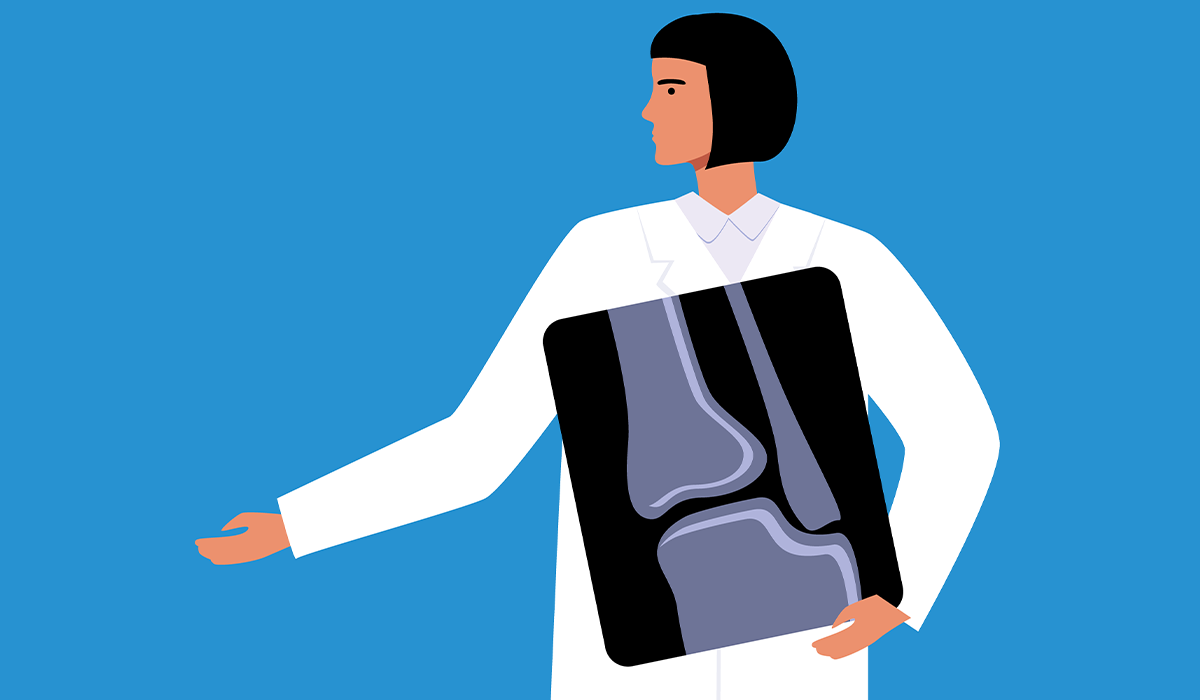
A rheumatologist is a doctor who specializes in rheumatic diseases, which are diseases of joints, muscles, and bones. What tests… read more »
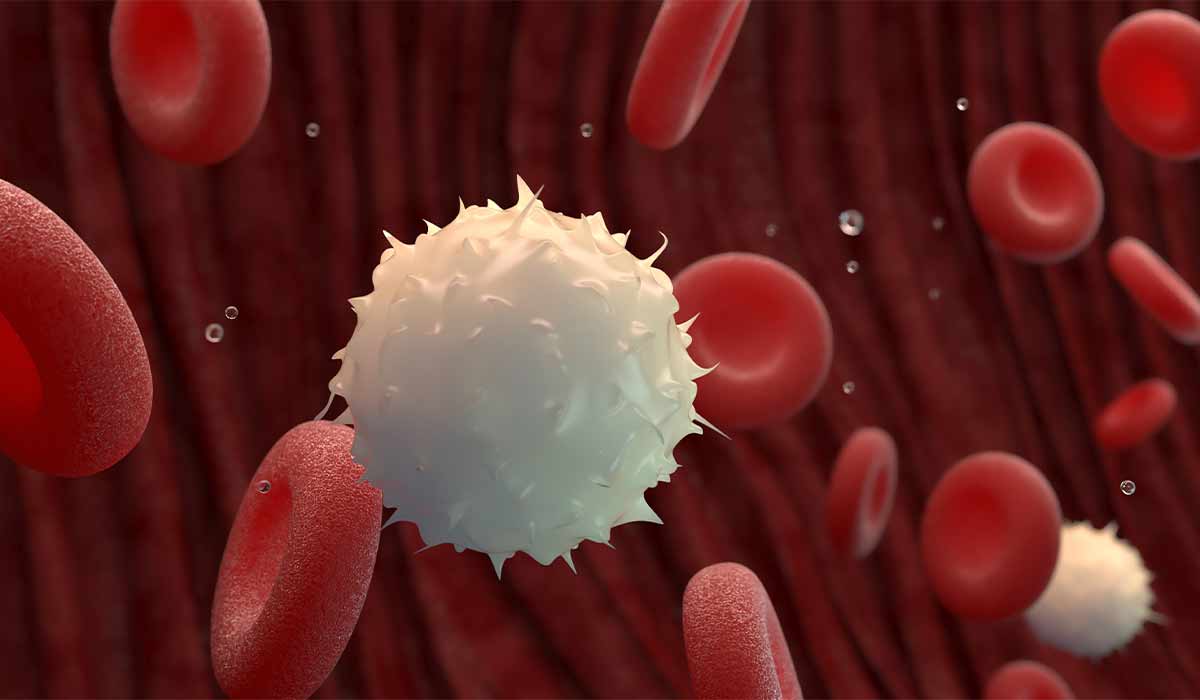
Autoimmune diseases are conditions in which the immune system works incorrectly – it begins to attack the body's tissues. What… read more »

A muscle is a specialized tissue that has the ability to contract, producing movement or generating force. They come in… read more »
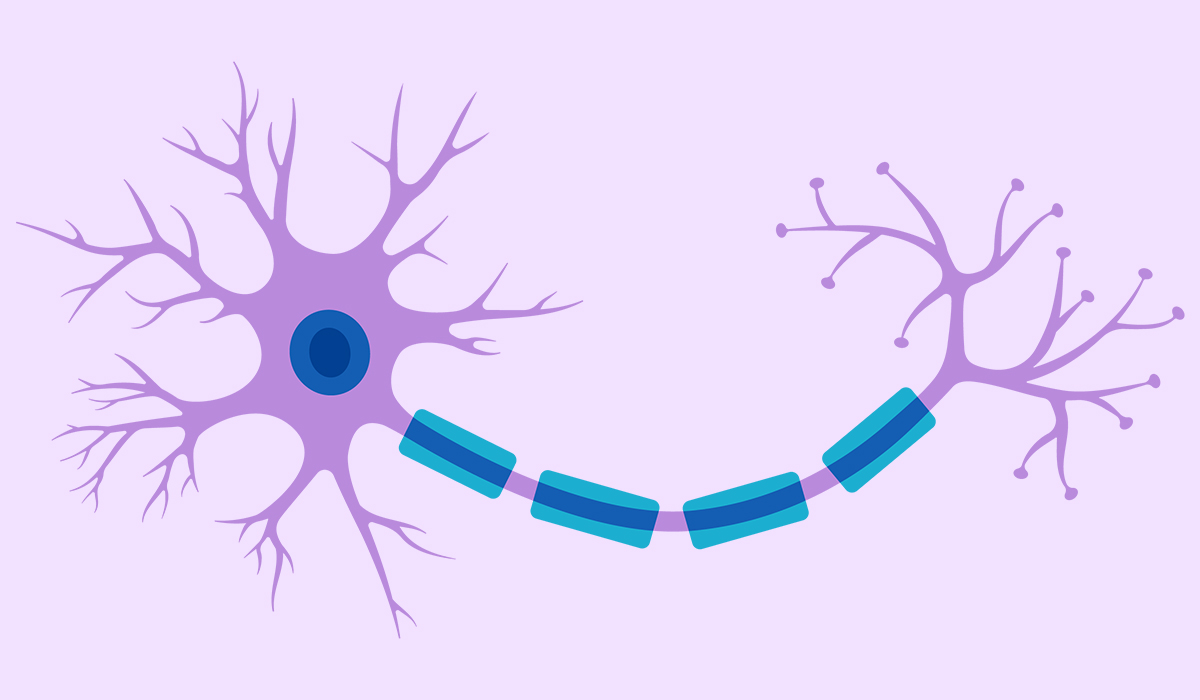
Nerve is a bundle of fibers made up of neurons that transmit sensory and motor information between different body parts… read more »
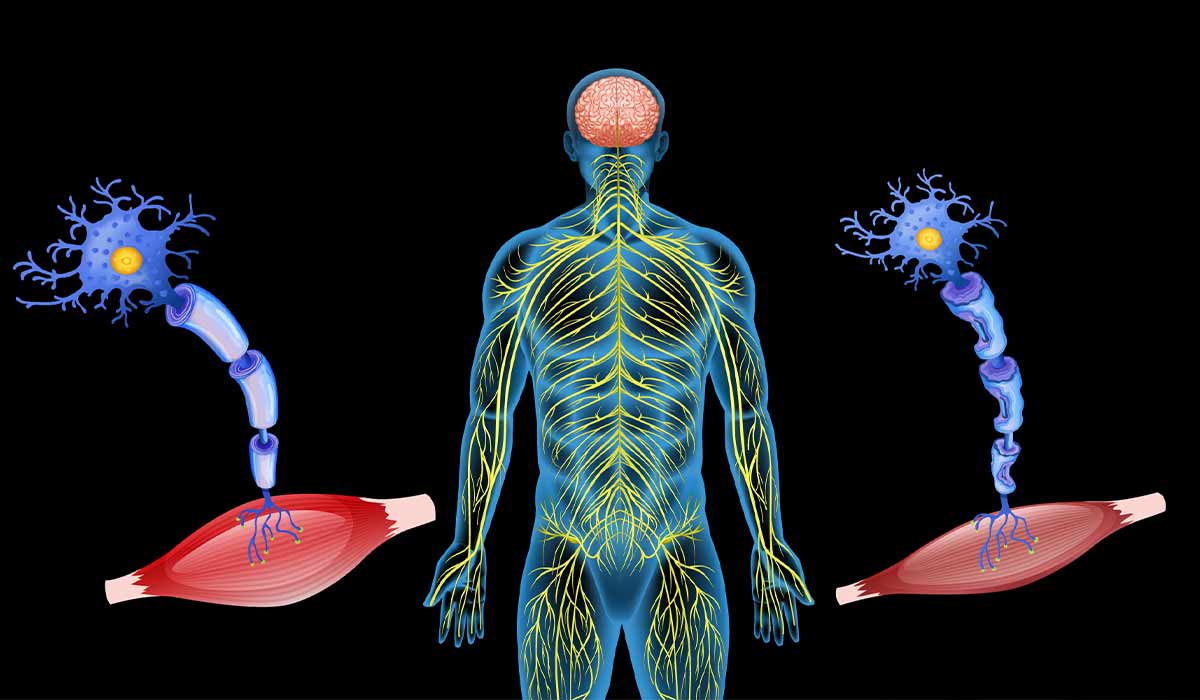
Amyotrophic lateral sclerosis (ALS) is an incurable, progressive disease of the nervous system. It leads to loss of muscle control.… read more »
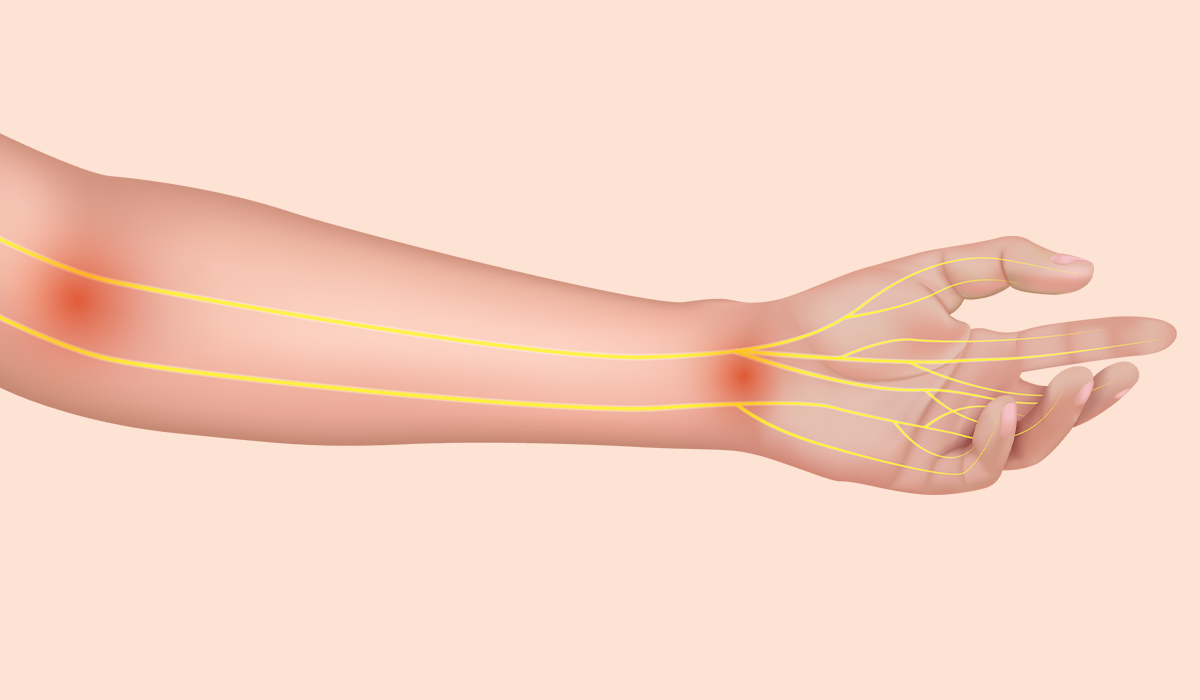
Nerve pain, which specialists refer to as neuropathic pain, maybe a complex and regularly troublesome condition emerging from harm to the nervous… read more »

Strabismus is an eye misalignment, a condition when eyes look in different directions. It can affect both children and adults.… read more »
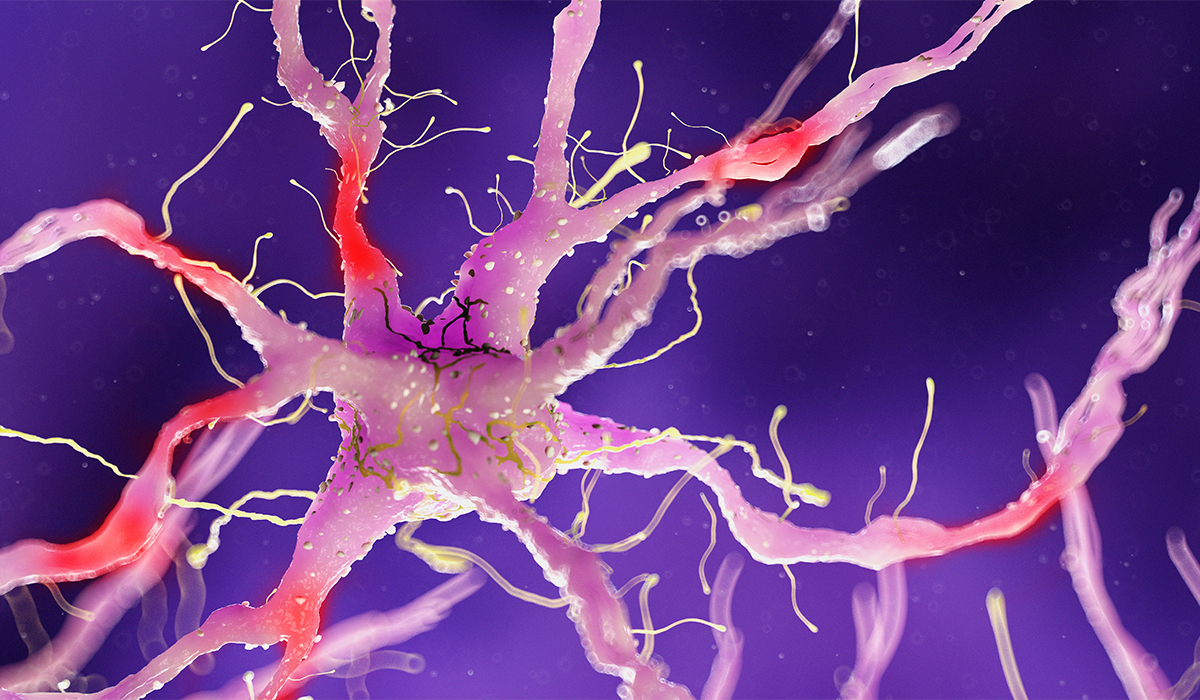
Nerve damage, also known as neuropathy, could be a condition that influences the body's nervous framework. The nervous framework is a… read more »

A neurologist is a medical doctor who specializes in diagnosing, treating, and managing disorders of the nervous system. read more »